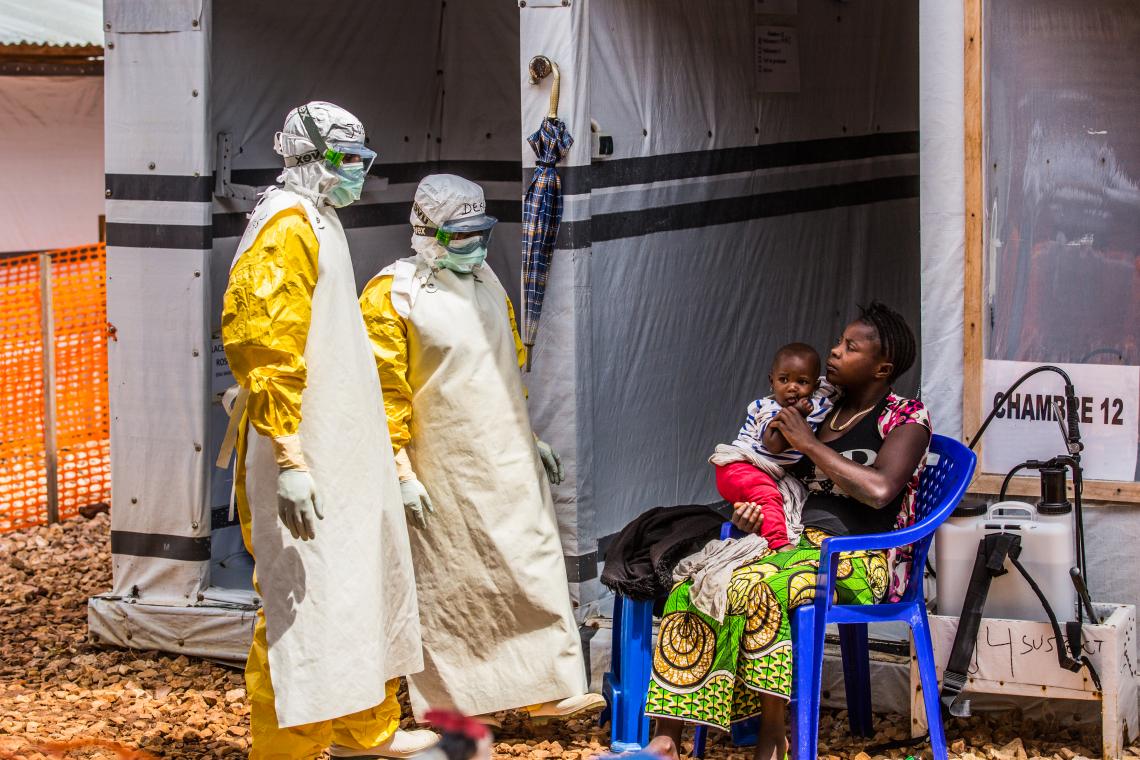The road to higher education can be a long one. But few people have traveled as far as Dilafruz “Dilia” Samadova has.
When Samadova was 21, she fled an arranged marriage in the Central Asian country of Tajikistan.
Samadova was able to escape the marriage with help from friends as well as the United States embassy. Her marriage ended in divorce. She secured an American work visa while seeking asylum.
A group of Catholics in the American state of Ohio have helped Samadova rebuild her life. She began attending Walsh University in North Canton, Ohio.
Samadova, who is now 30 years old, recently completed a bachelor’s degree program in early childhood education.
“The people I’ve met here, the people who’ve helped me, have become my family,” she told the Canton Repository.
Along with school, Samadova works two jobs. For one of her jobs, she works as a teaching assistant at Our Lady of Peace Catholic School in Canton, Ohio. She is also preparing for graduate school at Walsh University.
Teaching assistant Dilia Samadova warms up Mrs. Zenobi's kindergarten class for a math lesson with a count to 100 at Our Lady of Peace School, Dec.11, 2019. (CantonRep.com / Ray Stewart)
Samadova grew up in a Muslim household with strong rules. But she joined the Catholic religion after moving to Ohio in 2011. Her religion is among the reasons she says she could never return to her home country.
“It’s a very patriarchal country,” she said of Tajikistan. “My mother, my four sisters, all live the same way, with no rights. … My father didn’t allow us to go to (college). But I always wanted to go to school.”
Samadova said the marriage, which was arranged when she was 15, pushed her to flee.
“I tried to live like my mom told me, but it got abusive, physically and emotionally,” she said. “I tried … suicide. After that ... I was scared to go back home … I guess God guided me ... I don’t know how I did everything.”
Samadova’s native language is Farsi. She did not speak English when she arrived to the United States. Her first stop, New York City, brought culture shock.
“I remember crying constantly, but people were so good,” she said. “I had a dictionary, trying to communicate.”
When she first arrived in Ohio, Samadova worked as a hotel housekeeper. “The only English I knew was ‘pillowcase, blanket … boss,'” she said. “I learned by myself. I bought an iPhone and listened to TV.”
She soon took a second job, cleaning a house for an Italian immigrant named Mamie Kolar.
“She’d … tell me about Jesus,” Samadova said. “I didn’t know anything about him. In Tajikistan …you’re a Muslim or you’re not. She was very loving.”
Samadova started joining Kolar at Catholic religious services. She studied the religion for two years before deciding to become a Catholic. Kolar died in 2013, but her son and daughter-in-law continued to help Samadova.
They urged her to attend Terra State Community College in the Ohio town of Fremont. She completed a two-year study program in early childhood education and saved enough money to buy her first car.
Teaching assistant Dilia Samadova teaches a math lesson in Mrs. Zenobi's kindergarten class at Our Lady of Peace School, Dec.11, 2019. (CantonRep.com / Ray Stewart)
Samadova said she had hopes of attending Bowling Green State University. But, she did not meet the requirements to receive financial aid.
At a religious service in Port Clinton, someone shared Samadova’s story. Jerry Pellegrino, owner of Pellegrino’s Music Center in Jackson Township, was in attendance. Pellegrino gave the priest his phone number with an offer to help Samadova attend Walsh University, with support from the Pellegrino Family Endowed Scholarship.
The Pellegrinos have long been supporters of Walsh. They were very involved in bringing Mother Teresa to the school in 1982.
Samadova found the offer to help her hard to believe.
“He offered to pay for my school. Who does that?” she said. “I called the priest and asked him, ‘Is this guy real?'”
But her friends kept urging her to contact Pellegrino. So, she did. She arrived at Walsh on a Sunday in 2017 and was in class that Monday.
Samadova said she would like to work for an organization like the United Nations or Peace Corps in the future. She wants to help girls stay in school.
She said she still has some contact with her four sisters. But communication with her parents is less common. They are still upset and angry about the divorce.
“Nobody ever does that. Nobody does that without permission,” she said. “My sisters are happy for me, though they have the same lifestyle as my parents do now. My mother still wants me to come home. My father has disowned me, which I’m OK with because I understand the culture. I forgive him for that.”
Samadova’s hope is to support other women facing such difficulties.
“I know it’s hard, but if you’re trying, you will get it,” she said. “I could have given up. I came here by myself…I have so many people who helped me; more than my real family.”
I’m Dorothy Gundy.
And I’m Pete Musto.
Charita Goshay reported this story for The Canton Repository. Pete Musto adapted it for VOA Learning English. Ashley Thompson was the editor. Write to us in the Comments Section or on our Facebook page.
________________________________________________________________
Words in This Story
arranged marriage – n. a marriage in which the husband and wife are chosen for each other by their parents
divorce – n. the ending of a marriage by a legal process
bachelor’s degree – n. a degree that is given to a student by a college or university usually after four years of study
graduate – adj. of or relating to a course of studies taken at a college or university after earning a bachelor's degree or other first degree
patriarchal – adj. relating to or characteristic of a system of society or government controlled by men
allow – v. to permit something
constantly – adv. done in a way that is happening all the time or very often over a period of time
pillowcase – n. a removable covering for a bag filled with soft material that is used as a cushion usually for the head of a person who is lying down
blanket – n. a covering made of cloth that is used especially on a bed to keep you warm
lifestyle – n. a particular way of living




























 For data services, though Nigeria in the Third Quarter of 2019 recorded just a marginal 0.40 percent growth from the Second Quarter of the year, the total of 123,163,027 active subscribers represent 18.98 percent Year-on-Year from the 103,514,997 subscribers in the Third Quarter of 2018. The ranking of the states is however not any different from the statistics in the active voice service subscription.
For data services, though Nigeria in the Third Quarter of 2019 recorded just a marginal 0.40 percent growth from the Second Quarter of the year, the total of 123,163,027 active subscribers represent 18.98 percent Year-on-Year from the 103,514,997 subscribers in the Third Quarter of 2018. The ranking of the states is however not any different from the statistics in the active voice service subscription.